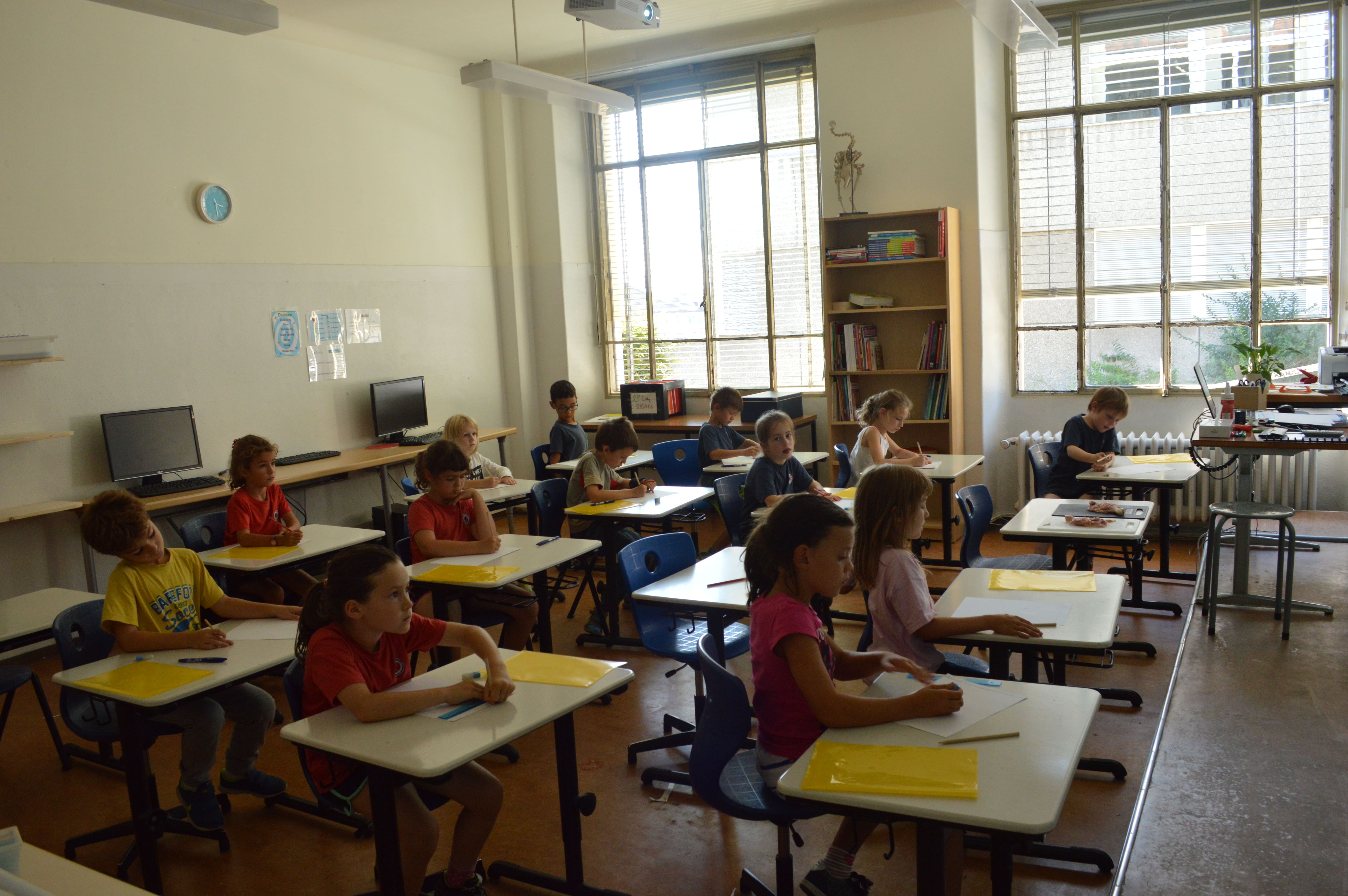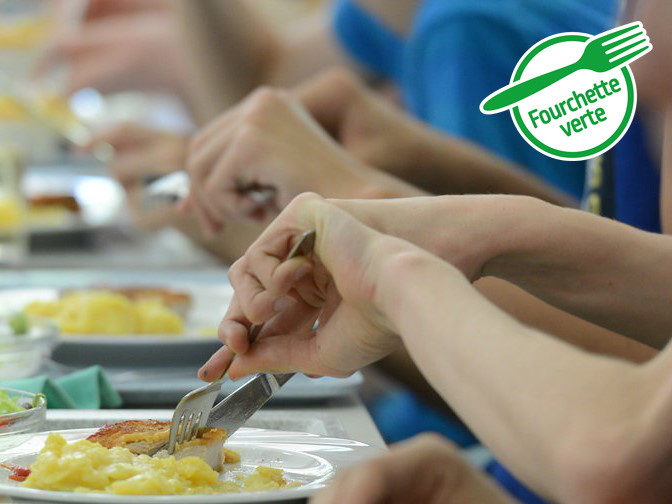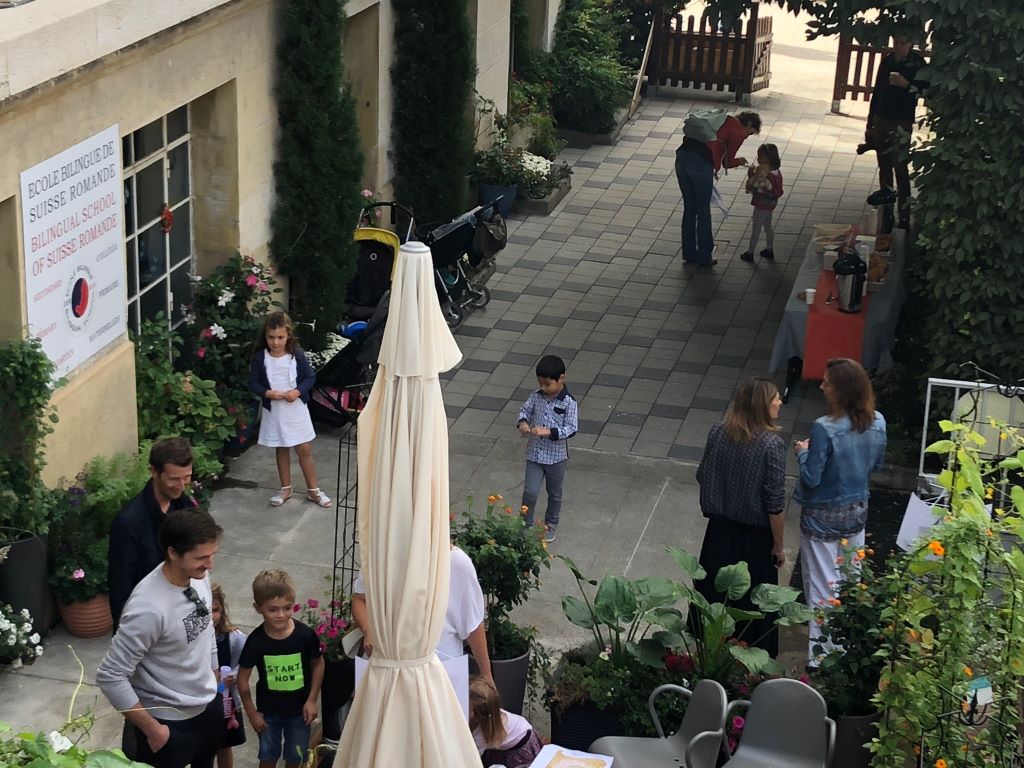Families
Presentation
Our school aims at making life easy for the parents. Our full-day programme runs from 8:00am to 6:30pm ( 6:00pm on Fridays), and offers a varied menu of after-school activities.
In a school working on a human scale, each child is given all the attention he or she needs. Everyone knows everyone else and the children feel listened to and respected. With one class for each age level, the atmosphere is warm and familiar. Older and younger children quickly make friends, and newcomers integrate without complication.
There’s a relaxed, serene atmosphere at school, and the children are happy to learn, developing their social and moral skills harmoniously.
We make sure that families share our vision of teaching and education. In the event of difficulties, we contact the parents for a rapid meeting, and together we decide on the most appropriate measures.
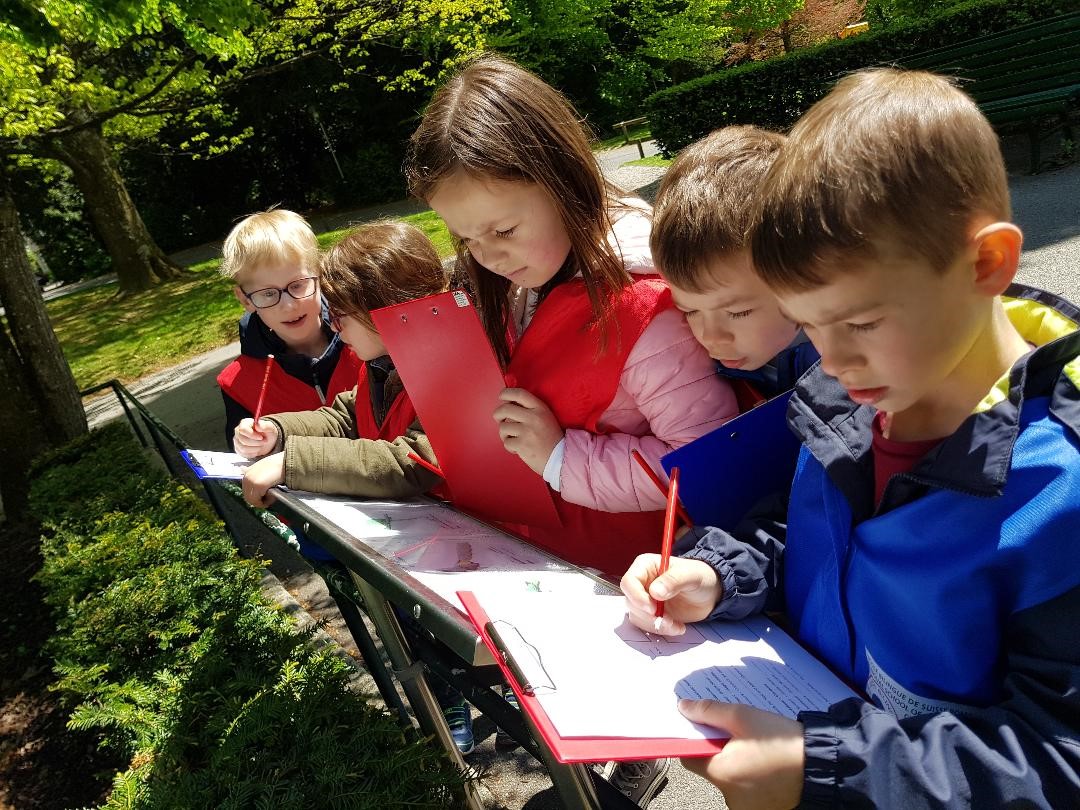
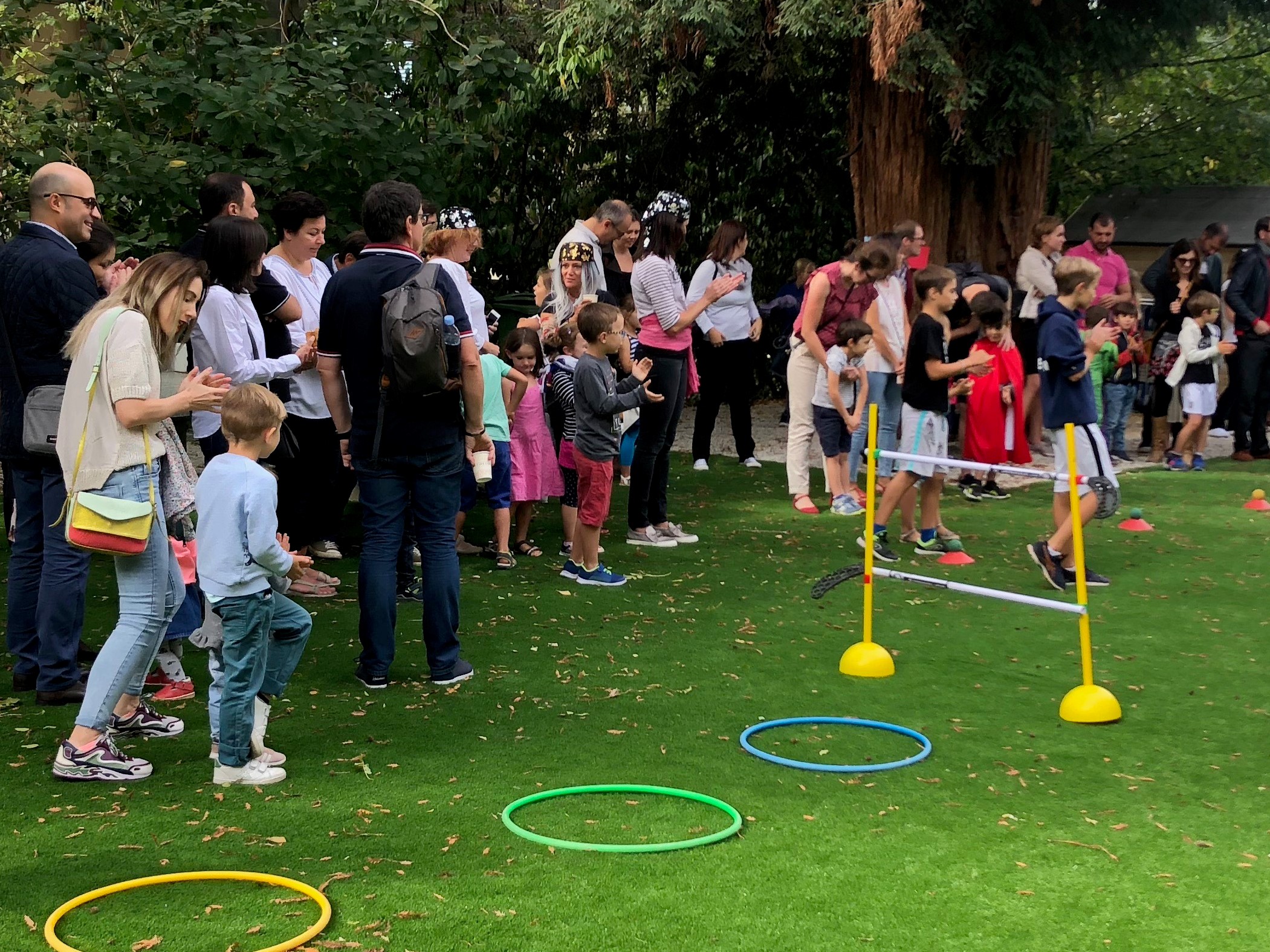
Educational partnership
Children need to know that their family and school agree on their education and upbringing. The Director explains the school’s educational philosophy to all the parents during the first interview, and it is on this basis that cooperation between the family and the school continues.
To ensure that the children develop to the best of their abilities, the family and the school agree on the fundamental rules and objectives, and speak frankly when problems arise, because that’s how a solution can always be found.
From secondary school onwards, a set of school rules sets out what is allowed and what is not (e.g. mobile phones, etc.).
New pupils
We welcome new students throughout the year. For the youngest pupils, a simple interview with the parents is all that’s needed; for the oldest – from age 7/8 onwards – we recommend a few days’ school experience whenever possible. This allows the EBSR to evaluate whether our school is the best environment for the child.
Normally, children are enrolled in the class that corresponds to their age (e.g. 4 years old by 30 August to enter 1ère Enfantine – Moyenne Section de Maternelle). However, pupils from systems that have different cut-off dates, or different starting and finishing dates (France, India, Australia, etc.), are enrolled in the class that follows the last one they completed.
From primary school onwards, new pupils are followed by a pupil from their class who acts as their mentor for the first few days. We listen to what they have to say, and all the teachers make sure that integration goes smoothly and quickly.
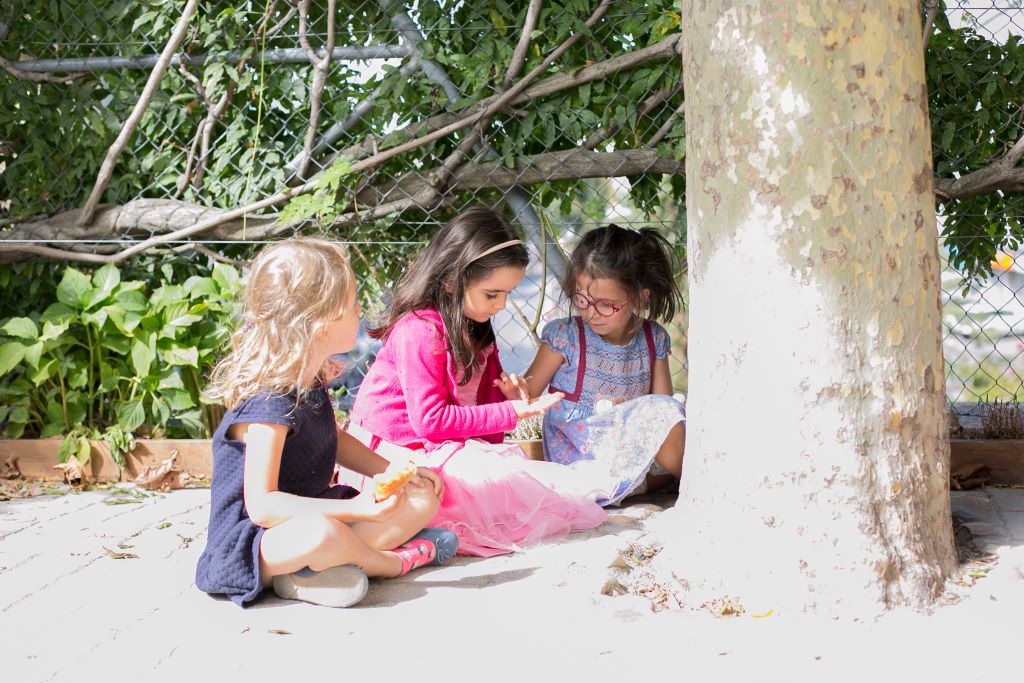
Health and safety
All our teachers have received full first aid training, with a special focus on children. They therefore know how to intervene in the event of a problem.
With the parents’ permission, we treat simple injuries or a headache, for example that may occur at school. However, if the child has a fever or is feeling unwell, we ask the family to come and collect him or her.
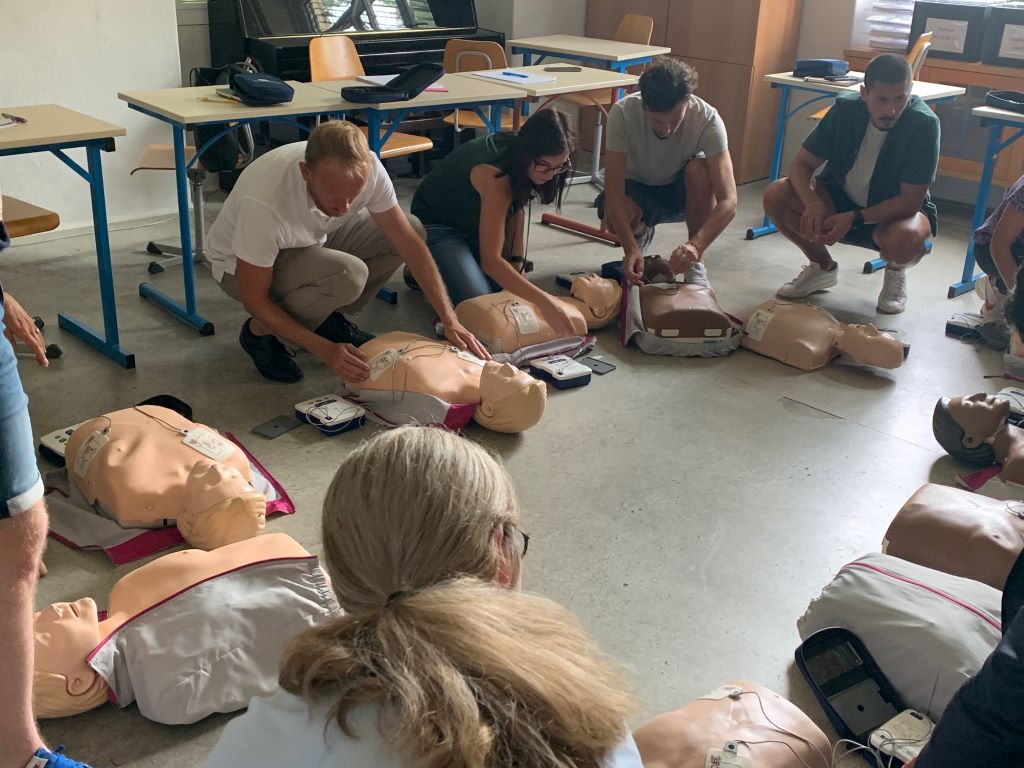
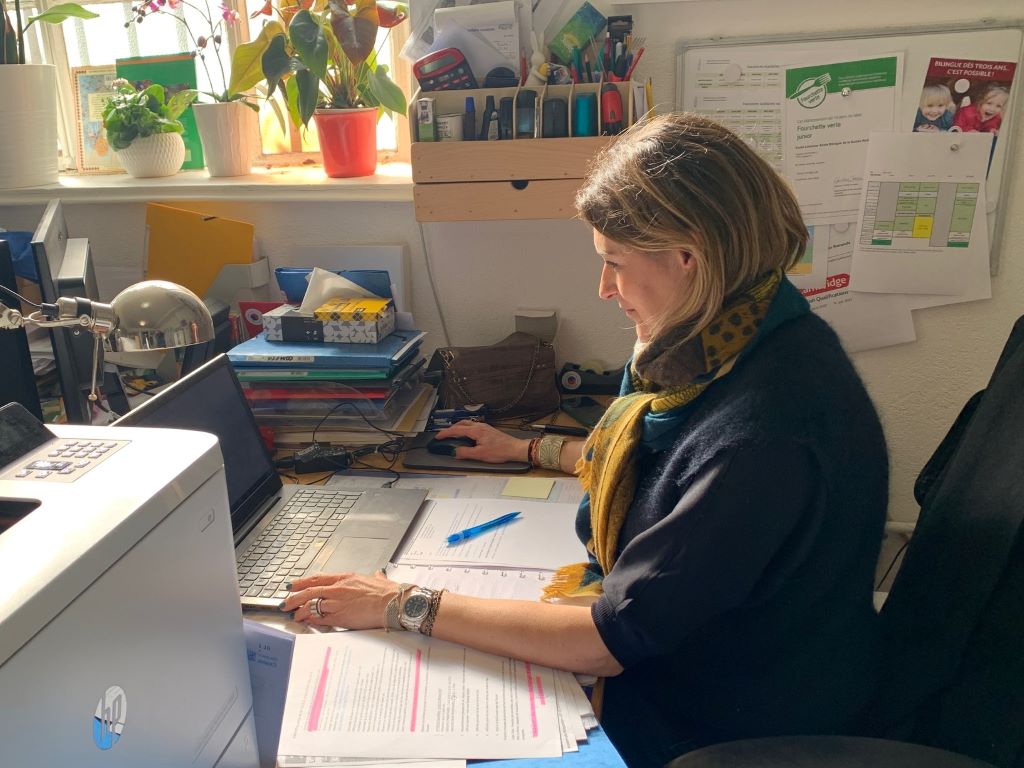
Communication
Parents are welcomed on the first day of school, where they get all the necessary information about the best way to communicate in ordinary or emergency situations. Other relevant information is available on the private “parents” webpage. We make sure that communication is easy and that you always find a contact person. The director can be reached if necessary at all times.
Our assistant works part-time and the best way to reach her is by mail. In case of absences, families should simply announce them via the “Absence” form above.
Evaluations and meetings
We are a small school and communication is usually direct and informal. If the Director or a teacher has a concern or suggestion to share with you, it will often be spontaneous when they come across you. If a meeting is necessary, it will be arranged as soon as possible. But as a general rule, no news means good news!
We assess all pupils at the beginning of the year to check their level in the basic subjects so that they get off to a good start. At the end of September, the teachers discuss any pupils who may be experiencing difficulties, and parents are then invited to a meeting before or after the autumn holidays.
December sees the first termly assessment, and individual parent-teacher meetings are scheduled for early January. This is an opportunity to discuss and share successes and concerns. Subsequent assessments take place at Easter and at the end of the year, and are not normally the subject of an appointment unless necessary.

Little homework before the age of 8
Before 3P (= CE2, 5e Harmos), there is no written homework in the evening. However, there are 2-3 short personalised sentences to learn for dictation, a few words to memorise, short readings from albums (Rallye-lecture) and poems by heart. This enables individual monitoring of grammar and spelling, and gets the children used to working independently.
From 3P onwards, pupils prepare to become more independent and start to have written homework in maths and languages. The main aim is to help them learn to organise their work (how do I do it?) and their time (how can I be efficient?). The homework can be done at school, with the supervised homework or the assisted homework programme (see the After-School Activities).
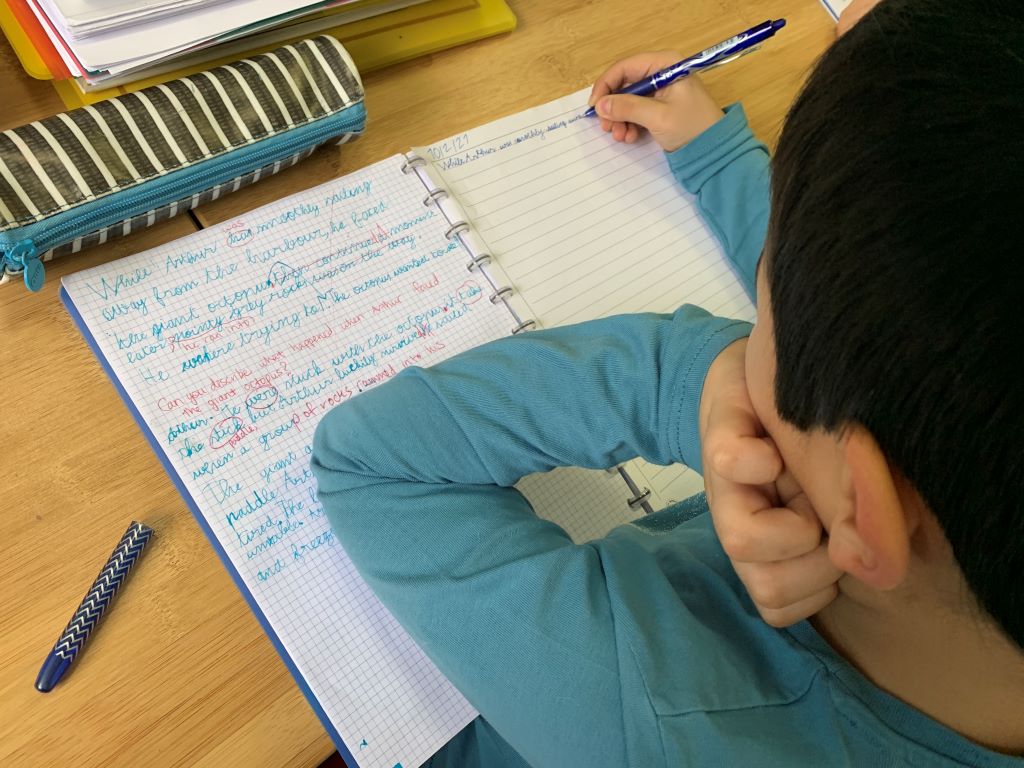
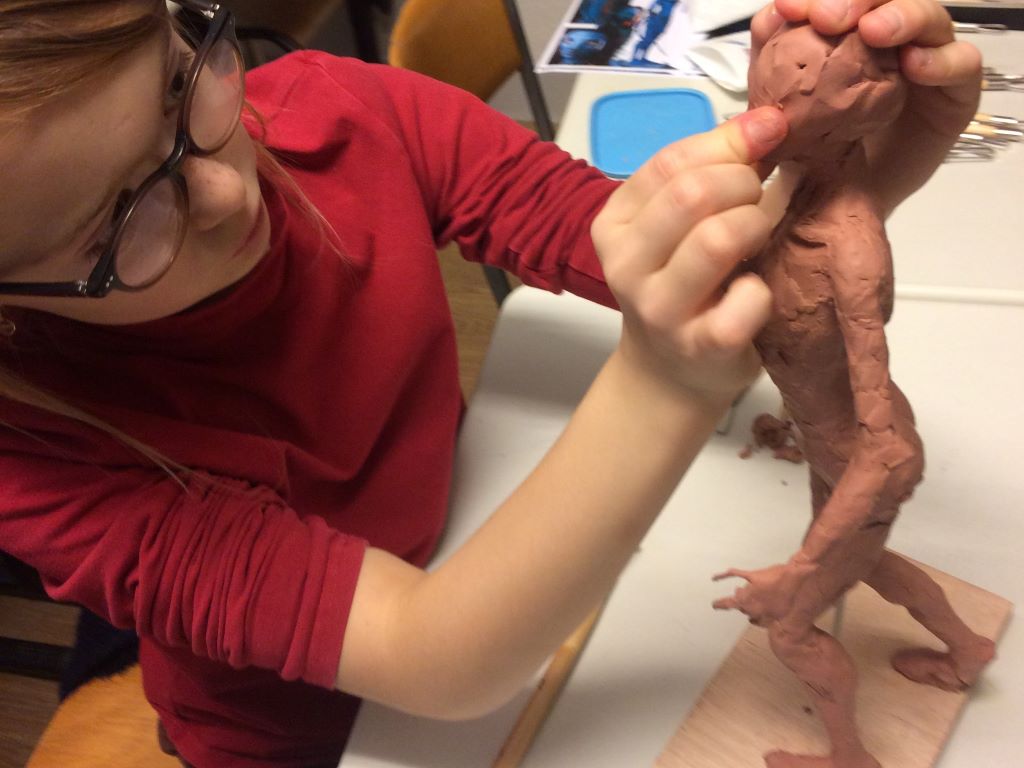
After-school activities
Children taking part in the Activities have a simple snack (bread and cheese/sausage or chocolate, fruit) at 16:15; the activities take place from 16:30 to 17:30/18:00. After 17:30, the remaining children usually play outside; if the weather is bad, they go inside to play board games or watch a good film. The last departures are at 18:30 (18:00 on Fridays).
The younger children have board games, modelling, paper work, painting, outdoor games, theatre trips and a Musical Garden. The older children have sewing, modelling, painting, cooking and craft workshops, as well as a Chess Club, a German Club, yoga, theatre and swimming (3 levels). It is also possible to organise private music lessons after school: we make our rooms and piano available and can find a teacher for you. Russian and Chinese courses are organised for both native and non-native speakers. Finally, from 3P onwards, pupils have access to supervised homework on Mondays, Tuesdays, Thursdays and Fridays after school.
You can find all our after-school activities here:
AFTER-SCHOOL WORKSHOPS GROUP 3-6 years old
Holidays
The school follows the Vaud school holidays, but adds a week at Christmas (before or after depending on when Christmas falls).
It is possible, after discussion with the school, to take extrea days for special reasons.
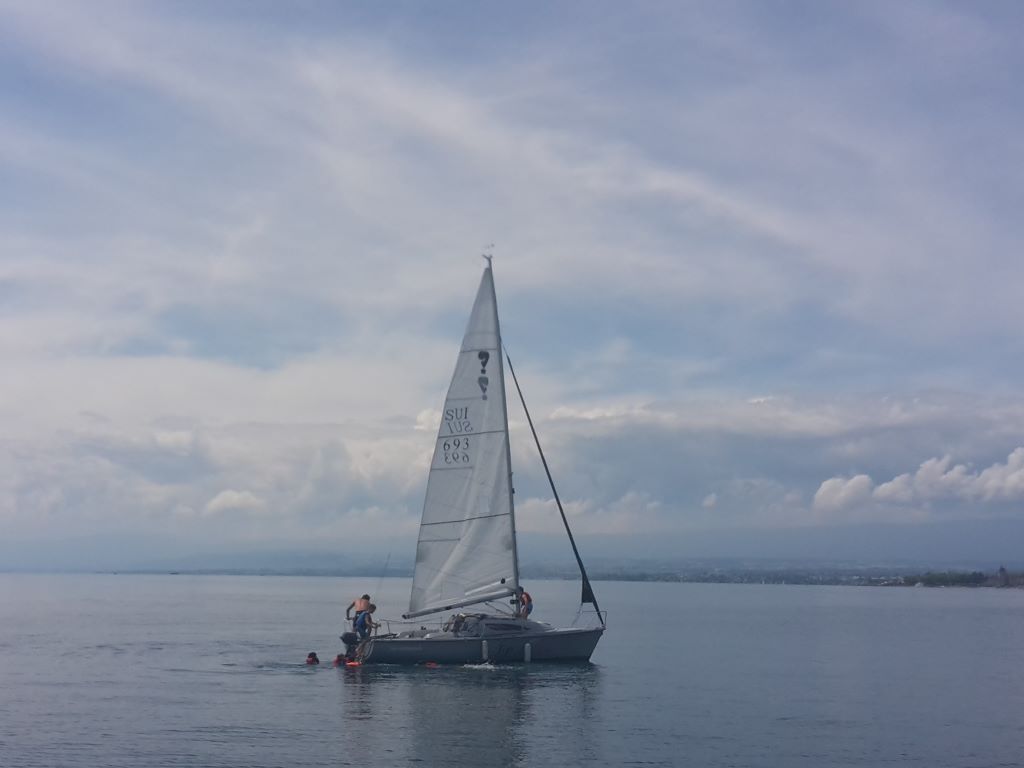
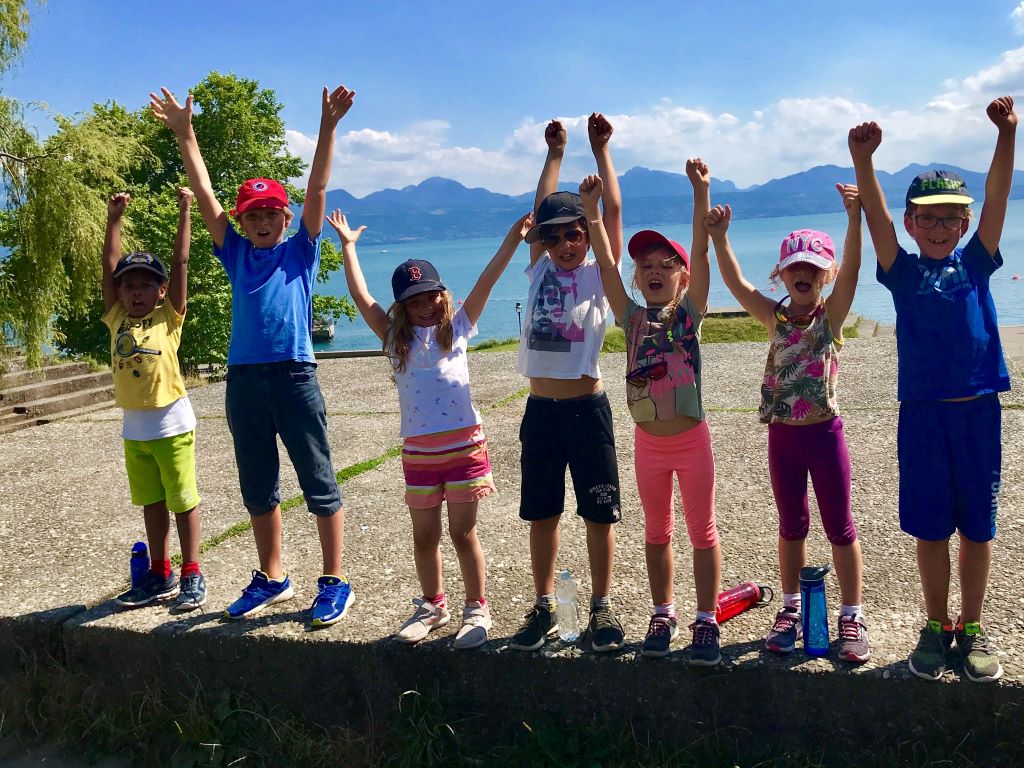
Holiday Camps
The EBSR offers two weeks of English camps during the first two weeks of July, for children aged 4 to 8. These camps take place at the school and are run by our sports and English teacher, from 8:30 to 17:00. For more information, click here.
For the other weeks of the holidays, our partner Kid’s Trip organises varied and very interesting camps.
Fees and registration
Please click here to view the 2025-2026 fees
Please click here to view the registration documents (It is necessary to visit the school before completing a registration form, thank you).
